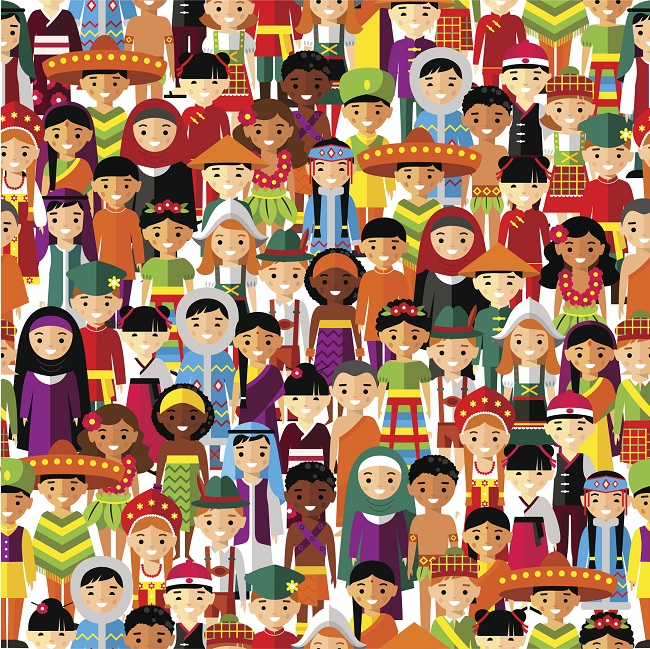When hosting an international student, you will undoubtedly encounter some differences due to dissimilar cultural upbringings. It is not uncommon for an international student to be unfamiliar with cultural customs in the U.S., and the dramatic change in lifestyle can eventually lead to culture shock.
For example, your international student may not initially know to say “thank you” in a situation where gratitude is typically shown. This does not negate their gratitude or signify they are purposefully being rude. In some countries, saying “please” and “thank you” may be seen as an unnecessary formality that creates distance between people.
Some notable differences in Chinese and American culture:
- Study Abroad
- American students who study abroad usually only do so for a short time period. This allows them to visit other countries and learn about other cultures, but typically do not spend enough time away to fully acclimate to foreign culture. Chinese parents send their children to the U.S. to study and get accepted to a prestigious U.S. college or university.
- Maturity
- The Chinese education system is stressful and demanding. Chinese parents typically expect their children to study for up to twelve hours a day. Because of this, students in China are not responsible for making their own meals, managing their own time, asking for help, or even waking themselves up.
- Conflict Resolution
- When conflict arises, an international student may ignore the problem or be uncomfortable when confronted. In Chinese culture, a third party is usually consulted to help resolve the problem.
To help alleviate some of the misconceptions between you and your international student, we’ve put together a video outlining some cultural differences that will help you understand your international student’s upbringing.
We recommend writing out a list of expectations for your international student to have as a reminder of the house rules. With time, your international student will have a better understanding of U.S. culture and learn to thrive both socially and academically.



